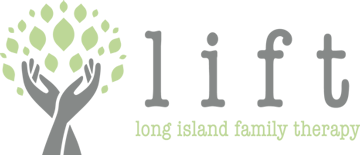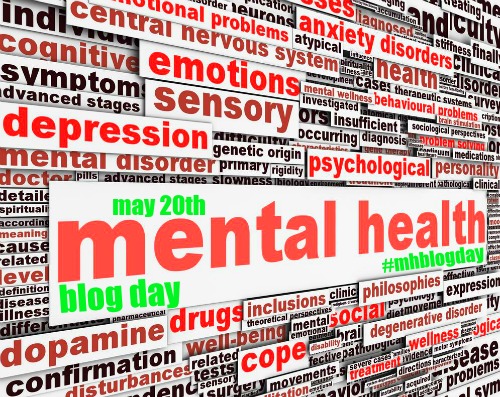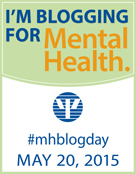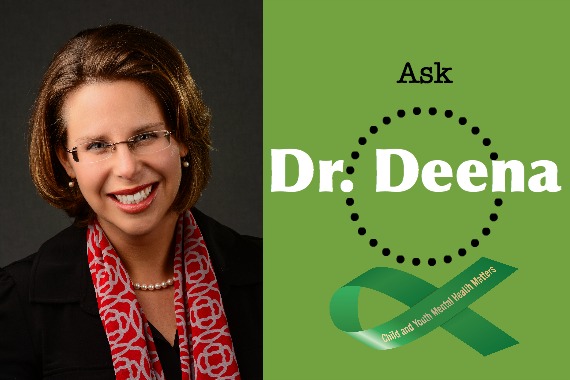29
Apr
2018
2018
Social Media and Me
by Dr. Deena Abbe, Ph.D.
Everyone once in a while I remove Facebook from my phone. Not because of any privacy concerns, or for some major protest over over-sharing and globalization, but because my kids accuse me of looking down too much. So I remove it, and find myself scrolling through my phone purposefully but fruitlessly.
I get off social media for a while, and then find myself going back on for work, or to search out information. Inevitably, I find myself scrolling through old posts and the more I scroll, the worse I feel. Every post, every flip of my finger, I feel worse and worse. Watching all the smiling faces, all the parties, all the happy children and parents. Sometimes I feel like it’s me drowning, watching everyone else party on the inside, and my imperfect life, family, children, social life pale in comparison.
The more I scrolled, the worse I felt. Until I finally stopped. And walked away from the social media platform. Because it was making me feel bad. The medium isn’t bad, it’s just how I feel when I’m on it. And I am learning to walk away from things that make me feel bad. I know that what’s presented on social media is filtered: everybody posts what they want others to see; the life they want to present to the world. It’s not real. And that’s ok. But I don’t have to engage in things that make me feel bad.
I think I need to learn how to moderate. Look a little, notice myself and my feelings, and leave when I start feeling down. Or when my inner voice starts making me feel bad. Because social media isn’t gong anywhere. And my behavior teaches my kids how to use social media responsibly. Not just when to look at it, but when to notice it affects my feeling and my behavior, it’s time to take a break.


 Today is Mental Health Blog Day and I remember when my son was first officially diagnosed with ADHD, he was about 6 years old. Kindergarten. Hmm…. How to explain to him, “Yeah! You were diagnosed with a neurological disorder that makes you move, and fidget, and call out, and have some social issues with your peers!” No matter how smart he was, that wouldn’t go over well.
So I started thinking; in life, everyone has something. Some people are good at sports, but not a reading. Some people have difficulty letting go of their blankie. Sometimes, people’s strengths and weaknesses don’t have a name: they are just a group of behaviors, while sometimes if we’re lucky, those groups of behaviors have a label. That’s good; in many cases that means that there are many other people who also have those behaviors and we may know how to help. Many times, when we give something a label or a name, it means that it’s real. It validates the experience. So that’s what I did for my son. What’s good about this approach is that it normalizes the experience for kids. It also gives parents much needed perspective. ADHD isn’t a bad thing. It’s just a thing…and everyone has to deal with something. Feel free to read more of my blog posts here:
Today is Mental Health Blog Day and I remember when my son was first officially diagnosed with ADHD, he was about 6 years old. Kindergarten. Hmm…. How to explain to him, “Yeah! You were diagnosed with a neurological disorder that makes you move, and fidget, and call out, and have some social issues with your peers!” No matter how smart he was, that wouldn’t go over well.
So I started thinking; in life, everyone has something. Some people are good at sports, but not a reading. Some people have difficulty letting go of their blankie. Sometimes, people’s strengths and weaknesses don’t have a name: they are just a group of behaviors, while sometimes if we’re lucky, those groups of behaviors have a label. That’s good; in many cases that means that there are many other people who also have those behaviors and we may know how to help. Many times, when we give something a label or a name, it means that it’s real. It validates the experience. So that’s what I did for my son. What’s good about this approach is that it normalizes the experience for kids. It also gives parents much needed perspective. ADHD isn’t a bad thing. It’s just a thing…and everyone has to deal with something. Feel free to read more of my blog posts here: 
 Ask Dr. Deena your questions through any of these channels:
Facebook:
Ask Dr. Deena your questions through any of these channels:
Facebook: